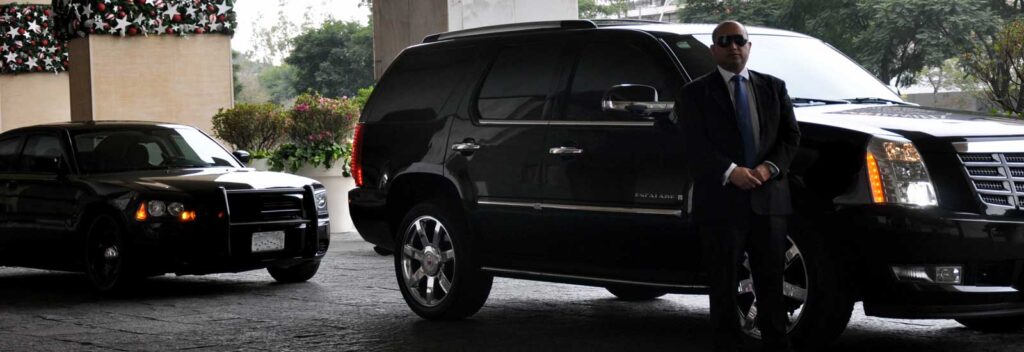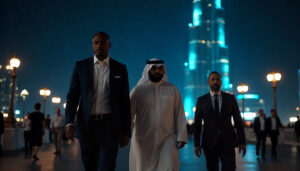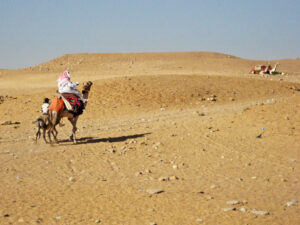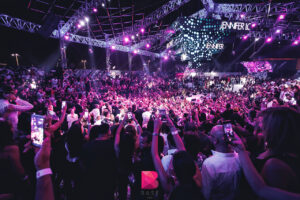Introduction
In an increasingly unpredictable world, the demand for professional bodyguards has never been higher. Whether it’s for celebrities walking the red carpet, corporate executives traveling abroad, or families seeking peace of mind, a bodyguard’s role extends far beyond mere physical presence. They are protectors, planners, and often the invisible force that ensures safety. But what exactly makes a great bodyguard? And what equipment and legal considerations must they keep in mind, especially in places like the UAE where armed security is tightly regulated?
In this blog post, we’ll explore the essential qualities of a bodyguard, the different types of security professionals, the equipment they should carry, and the unique rules that apply in the United Arab Emirates.
The Core Qualities of an Effective Bodyguard
1. Physical Fitness and Strength
A bodyguard’s most visible attribute is their physical presence. They must be fit enough to react instantly to threats, endure long hours of standing or patrolling, and, if necessary, intervene physically to protect their client. This doesn’t just mean brute strength but also agility, speed, and stamina.
2. Situational Awareness
The best bodyguards are proactive, not reactive. They constantly scan their environment, identify potential risks, and plan escape routes before a problem arises. This skill can often prevent incidents before they happen.
3. Communication Skills
Protection work involves constant coordination—with the client, other security staff, event organizers, and sometimes law enforcement. A bodyguard must be able to convey information clearly and discreetly, even under stress.
4. Professionalism and Discretion
Clients trust bodyguards with their lives and their privacy. Discretion about personal details, business activities, or family matters is non-negotiable. Professionalism also extends to appearance, demeanor, and reliability.
5. Training and Certification
From first aid and defensive driving to conflict de-escalation and self-defense, professional bodyguards undergo extensive training. Certification from recognized security institutions builds credibility and ensures standardized skills.

Types of Bodyguards
Bodyguards are not one-size-fits-all. Depending on the client and context, different specialties exist:
Personal Protection Officers (PPOs)
These bodyguards protect private individuals—often high-net-worth persons, public figures, or politicians—during daily activities or travel.
Celebrity Bodyguards
Specialized in crowd control and media management, celebrity bodyguards service handle the unique challenges of fan interactions, paparazzi, and high-profile appearances.
Corporate and Executive Security
These professionals protect CEOs, board members, or VIP guests. They’re often skilled in business etiquette, corporate protocols, and international travel security.
Family Security and Residential Guards
For families, especially in regions with high kidnapping risks, residential guards secure the home and accompany children to school or activities.
Event and Travel Security Teams
Large events or foreign travel require teams of bodyguards working in coordination. These teams manage logistics, secure venues, and plan safe routes.
Essential Skills Beyond Strength
Defensive Driving
Many attacks occur while a client is in transit. Bodyguards trained in high-speed evasive driving, route planning, and vehicle inspection significantly reduce risks.
First Aid and Emergency Response
A bodyguard may be the first responder in a medical emergency. Knowing CPR, wound treatment, or how to handle allergic reactions can be lifesaving.
Conflict De-Escalation
Physical intervention is a last resort. Skilled bodyguards can defuse confrontations verbally, control crowds, and prevent escalation.
Cultural Awareness
When working abroad, understanding local customs, languages, and laws prevents missteps and ensures smoother protection operations.

3. Equipment & Tools That Bodyguards Should Carry
Bodyguards rely on a variety of tools to enhance their ability to protect clients. While the exact equipment depends on the assignment and local regulations, the following items are common:
-
Two-Way Radios / Earpieces: For discreet communication with team members.
-
Mobile Phone with Secure Apps: Encrypted communication and GPS tracking.
-
First Aid Kit: Compact kits for immediate medical emergencies.
-
Tactical Flashlight: Useful for low-light environments and as a non-lethal deterrent.
-
Pepper Spray or Non-Lethal Weapons: In jurisdictions where allowed, these provide protection without deadly force.
-
Body Armor / Bulletproof Vest: Optional depending on the threat level and legal permissions.
-
Notebook and Pen: For quick notes on suspicious persons, vehicle plates, or instructions.
-
Protective Umbrella or Bag: Sometimes used to shield clients from projectiles or create barriers in crowds.
-
Defensive Driving Tools: Such as tire repair kits, GPS devices, and emergency escape tools in vehicles

The Legal Framework: Bodyguards in the UAE
The United Arab Emirates has strict security regulations. Unlike some countries where private bodyguards may carry firearms, bodyguards in the UAE are typically unarmed unless working under government-approved contracts. They must:
-
Obtain proper licenses from the UAE’s security authorities.
-
Work under registered security companies or firms authorized by the Ministry of Interior.
-
Comply with restrictions on weapons; carrying firearms without authorization can result in severe penalties.
-
Undergo specific training courses approved by UAE regulatory bodies to ensure professional standards.
This means that bodyguards operating in Dubai, Abu Dhabi, or other emirates focus on preventive security, planning, and non-lethal protection techniques. High-level clients often rely on cooperation between private security and official police escorts when armed protection is required.
The Future of Bodyguarding
The role of the bodyguard is evolving. Modern protectors are as much risk analysts as they are physical shields. They integrate technology—like real-time threat assessment apps, drones for surveillance, and biometric access systems—into their work. Soft skills like negotiation, digital privacy management, and travel logistics are becoming just as vital as self-defense.
Conclusion
A bodyguard’s job is a blend of vigilance, skill, discretion, and preparation. The best professionals combine physical fitness with mental acuity, communication, and legal compliance. They adapt to different client needs—whether for a celebrity at a film festival or an executive on an overseas trip—and they respect local laws, especially in places like the UAE where armed protection is restricted.
For clients seeking protection, knowing what to look for in a bodyguard—and understanding the tools, training, and regulations involved—ensures not just safety but peace of mind. In a world of ever-changing risks, the right bodyguard is more than a shield; they’re a trusted partner in security.








